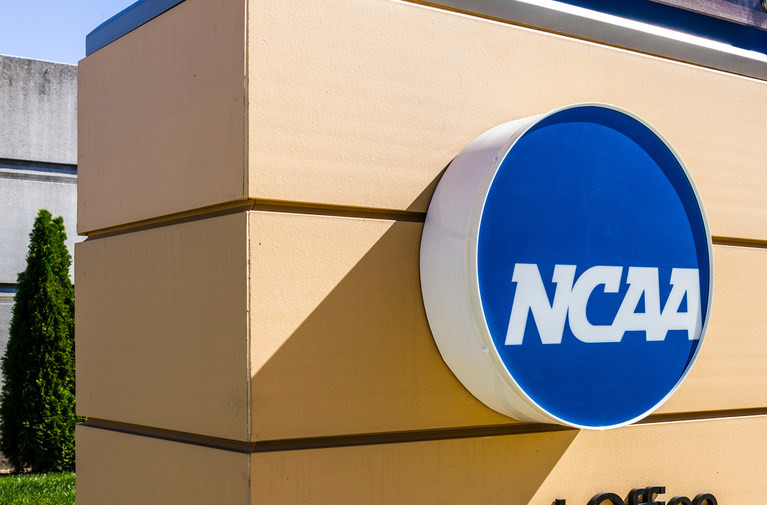NCAA Promotes Top Lawyer Weeks After Settling Mega-Case
August 4, 2025
In a significant move following one of the most transformative legal settlements in college sports history, the National Collegiate Athletic Association (NCAA) has promoted its top lawyer, Beth Wilkinson, to a newly created role of Chief Legal Officer and Executive Vice President. This promotion comes just weeks after a federal judge approved a landmark $2.8 billion settlement in the House v. NCAA case, a class-action lawsuit that has reshaped the landscape of college athletics by allowing schools to pay athletes directly for the first time.
The House v. NCAA settlement, finalized on June 7, 2025, by U.S. District Judge Claudia Wilken, resolved three antitrust lawsuits claiming the NCAA illegally restricted athletes’ earning potential. The agreement includes nearly $2.8 billion in damages to be paid over 10 years to current and former Division I athletes who were previously barred from profiting off their name, image, and likeness (NIL). Additionally, it establishes a revenue-sharing model, allowing schools to distribute up to $20.5 million annually to athletes starting in the 2025-26 academic year. This historic shift marks a departure from the NCAA’s long-standing amateurism model, fundamentally altering how college sports operate.
Wilkinson, a seasoned litigator from Wilkinson Stekloff, played a pivotal role in navigating the NCAA through this complex legal battle. Her promotion, announced shortly after the settlement’s approval, underscores the organization’s emphasis on strengthening its legal strategy as it faces ongoing and future challenges. Sources indicate that Wilkinson was a key target for the NCAA’s leadership, with her elevation seen as a strategic move to address the “new terrain” of college sports governance, as noted by NCAA President Charlie Baker in an open letter.
The timing of Wilkinson’s promotion is notable, as the settlement does not fully resolve the NCAA’s legal woes. While the agreement provides a framework for compensating athletes and regulating third-party NIL deals, it leaves open critical questions, such as whether athletes should be classified as employees and how state-specific NIL laws will interact with NCAA rules. Legal experts anticipate further litigation, including potential Title IX challenges alleging unequal pay distribution and labor law disputes over athlete employment status.
Wilkinson’s new role will likely involve overseeing the implementation of the settlement’s terms, including the creation of an enforcement group led by Deloitte to vet endorsement deals for compliance. This group aims to curb the influence of booster-funded collectives, which have driven an unregulated surge in athlete payments since the NCAA relaxed its NIL rules in 2021. However, industry insiders remain skeptical about the effectiveness of these measures in maintaining competitive balance, particularly at wealthier schools.
The House settlement, driven by plaintiffs’ attorneys Steve Berman of Hagens Berman Sobol Shapiro and Jeffrey Kessler of Winston & Strawn, has been hailed as a “fantastic win” for athletes. It compensates those who competed between 2016 and 2024, with payments ranging from a few dollars to over a million, depending on the athlete’s profile and sport. Additionally, the settlement allows for new benefits, such as enhanced medical and mental health resources, marking a significant step toward fair treatment for college athletes.
As the NCAA navigates this transformative period, Wilkinson’s expertise will be crucial in addressing the evolving legal landscape. Her promotion signals the organization’s commitment to robust legal leadership as it adapts to a new era where athletes are recognized as key contributors to the multibillion-dollar college sports industry.
For more information on the settlement, visit collegeathletecompensation.com.
